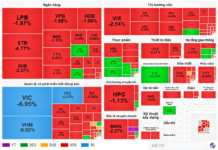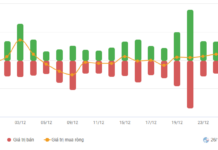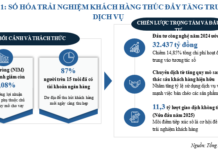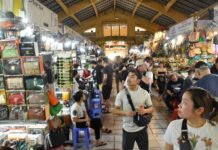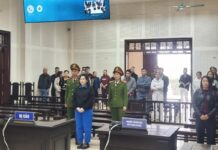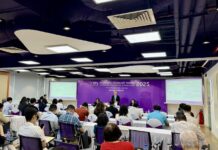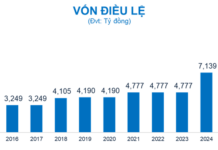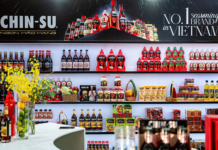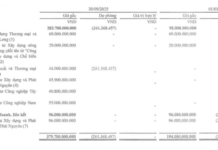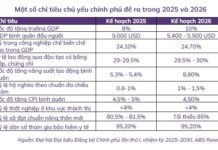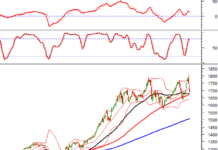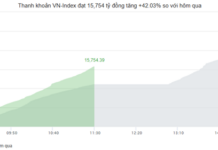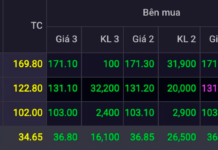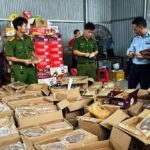NAFDAC Seizes Illegal, Expired, and Unregistered Goods Worth Over ₦1.5 Billion in Lagos
Nigeria’s National Agency for Food and Drug Administration and Control (NAFDAC) has seized a large consignment of prohibited, expired, and unregistered goods valued at over ₦1.5 billion (approximately $3.4 million) in Lagos.
The raid was conducted on August 2 by NAFDAC’s Investigation and Enforcement Directorate at the cosmetics section of the Trade Fair market – one of the country’s largest trading hubs.
During the operation, authorities also intercepted a truck loaded with counterfeit products that fall under NAFDAC’s regulatory purview.
Mr. Martins Iluyomade, Director of Investigation and Enforcement at NAFDAC, led the operation and stated that it was part of a nationwide crackdown on harmful products circulating in the market.
“We have received numerous complaints from the public about unsafe products. This operation is a continuation of NAFDAC’s efforts to prevent such products from reaching consumers,” Mr. Iluyomade told reporters.
According to him, many of the seized items were prohibited goods smuggled into the country, bypassing any regulatory scrutiny. Additionally, authorities discovered a plethora of expired products still being displayed and offered for sale in warehouses.
The estimated value of the seized contraband exceeds ₦1.5 billion. The warehouse owners have been summoned for questioning and will face legal consequences if found to be in violation of the law.
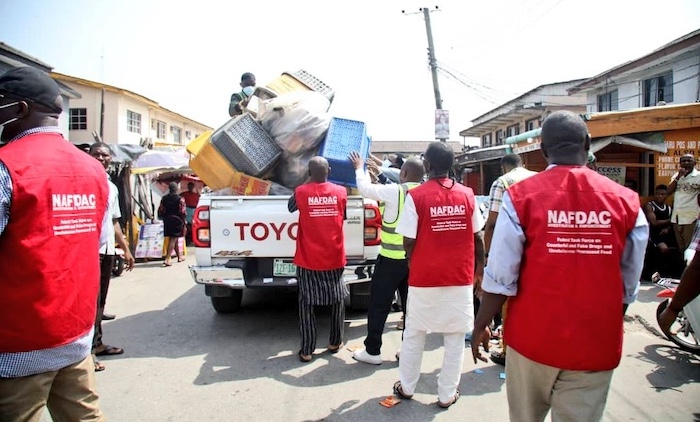
Mr. Iluyomade explained that NAFDAC employs both visual inspections and laboratory testing to assess the safety of products.
“Some products may appear normal on the surface, but they could contain harmful or carcinogenic chemicals,” he warned.
He emphasized that all products, whether imported or domestically produced, must adhere to NAFDAC’s standards before they can be circulated. However, many traders deliberately circumvent the registration process to make a profit, disregarding the health risks to consumers.
“Food and drug administration is a matter of national security. One of the insidious ways to harm a community is through tainted food or cosmetics,” Mr. Iluyomade added.
NAFDAC urges Nigerian citizens to refrain from engaging in the trade and consumption of products of unknown origin and assures that the agency is committed to supporting businesses while showing no leniency towards violations.
“We are not against business. Our aim is to guide and protect both consumers and sellers,” Mr. Iluyomade asserted.
He pledged that NAFDAC will continue to intensify its campaign against counterfeit, prohibited, and expired goods in the coming months to safeguard public health.
The Ultimate Guide to Mastering E-commerce and Social Media Sales: Strategies for Success in the Digital Age
Vice Prime Minister Nguyen Hoa Binh has ordered a strict crackdown on cross-border e-commerce platforms, especially those dealing in low-cost transactions, as well as popular social media sites like Facebook, Zalo, and TikTok, which are often used for online trading and commerce. He emphasized the need to closely monitor major wholesale markets, shopping centers, agencies, and e-commerce platforms to ensure compliance with regulations.
The Great Year-End Crackdown on Counterfeit Goods
The authorities will be cracking down on counterfeit goods, with a keen eye on monitoring e-commerce platforms, Facebook, and TikTok for any illicit trade. A stringent approach will be taken to ensure that these platforms are not used as a haven for illegal activities, with regular sweeps and vigilant oversight.
Unveiling the Mystery: The Case of the Untraceable Mooncakes
Authorities in Nghe An and Ninh Binh provinces have recently seized a large quantity of mooncakes from several businesses in the area.
The New Simplified Residential Electricity Tariff: A Five-Tier System
“Minister of Industry and Trade, Nguyen Hong Dien, presented a draft to the Government on the morning of August 21st, proposing a revision of the retail electricity price structure. The new structure would comprise five tiers instead of the current six. Notably, the first tier is suggested to be increased from 0 – 50 kWh to 0 – 100 kWh.”

